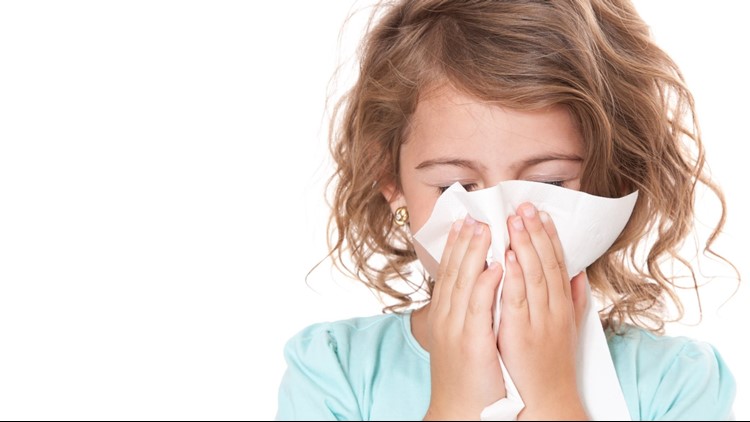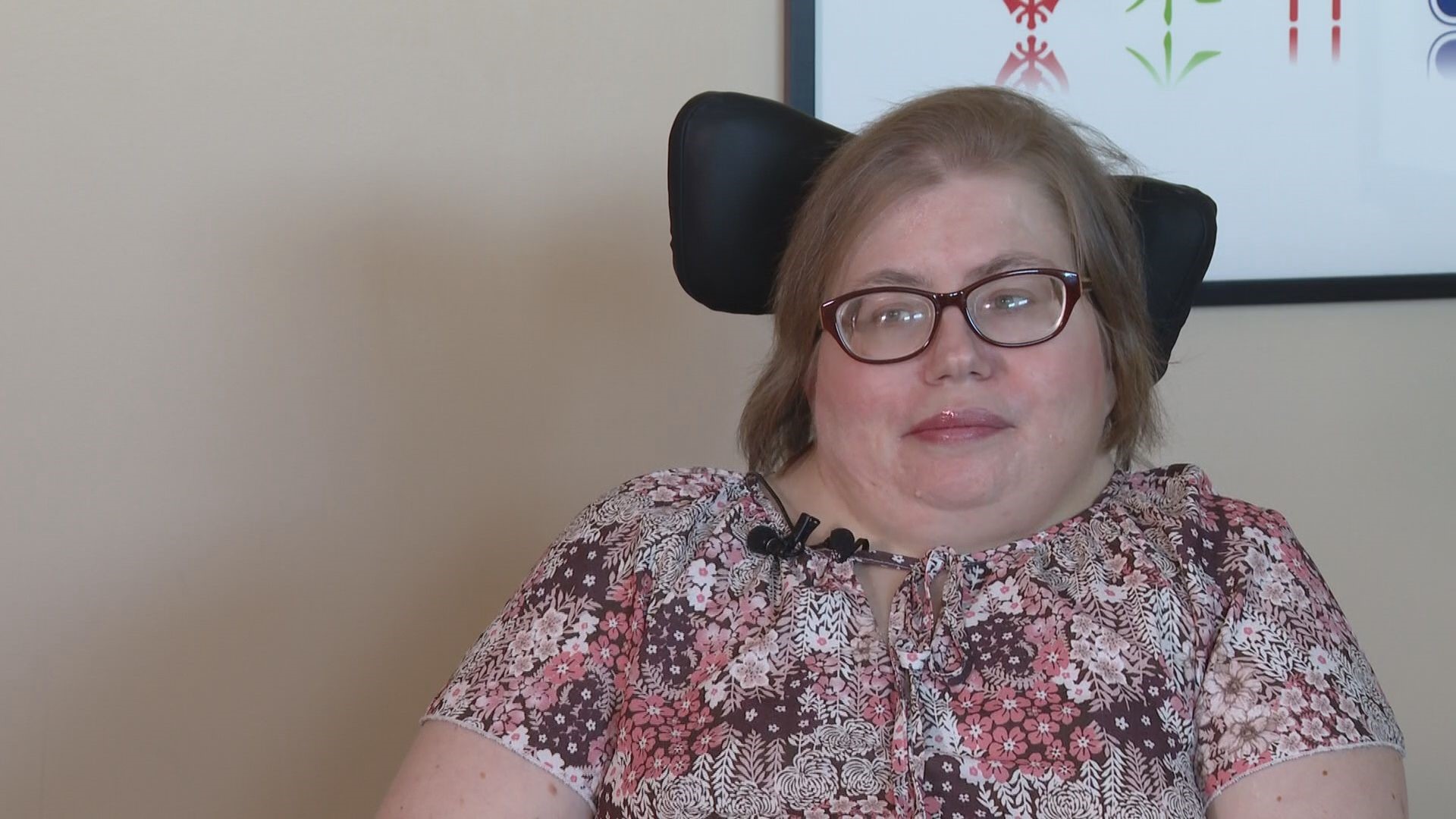CLEVELAND – More than five million children have seasonal allergies, or hay fever, according to the Centers for Disease Control and Prevention (CDC).
There are few things more annoying than a nose that won’t stop running, or eyes that won’t stop itching – especially in the classroom.
According to Sandra Hong, M.D., an allergist at Cleveland Clinic, schoolwork may suffer when kids are distracted by seasonal or chronic allergy symptoms.
“It can affect them academically – when they’re not able to concentrate because they’re focused on their sniffly nose, or their drippy nose, or sneezing,” she said. “In addition, if they’re not sleeping well, they may not function to their highest ability.”
Dr. Hong said the start of fall allergy season typically coincides with the start of school and lasts until the first good snowfall.
Kids will be dealing with common fall outdoor allergens like ragweed, other weeds and mold, and also indoor allergens like dust mites and classroom pets.
And common classroom pets like gerbils, hamsters and guinea pigs are highly allergenic.
Pet dander brought from home on classmates’ clothing might even be problematic for kids with very sensitive allergies to cats and dogs.
Dr. Hong recommends kids start allergy medications before symptoms begin, to keep sniffling and itching at bay.
She also suggests children take a shower before bed to wash away pollen and other allergens to help them sleep more comfortably.
Dr. Hong said washing the sinuses may be helpful too.
“If they can tolerate any type of sinus rinse when they come in for the day, just basically rinsing out their sinuses can help,” she said. “It’s like giving the sinuses a bath so that all these pollens and all of these cat and rodent allergens aren’t there, and it washes it all off in a natural way.”
When possible, Dr. Hong said it’s a good idea to keep windows closed and air conditioning on – at home and at school. This will help keep pollen outdoors and away from kids with allergies.
►Make it easy to keep up to date with more stories like this. Download the WZZM 13 app now.
Have a news tip? Email news@wzzm13.com, visit our Facebook page or Twitter.



